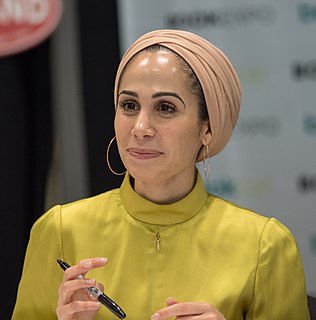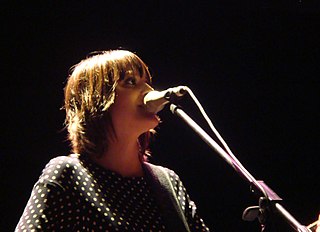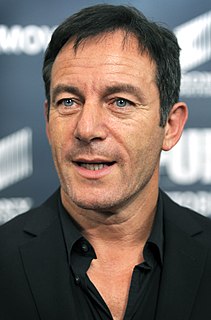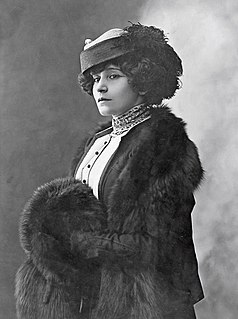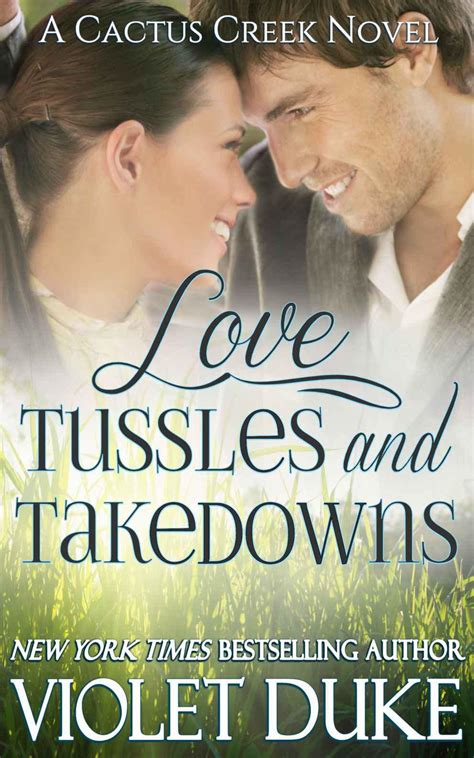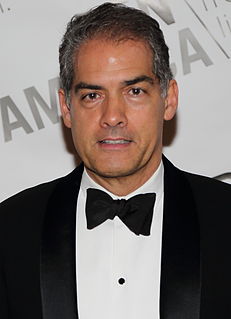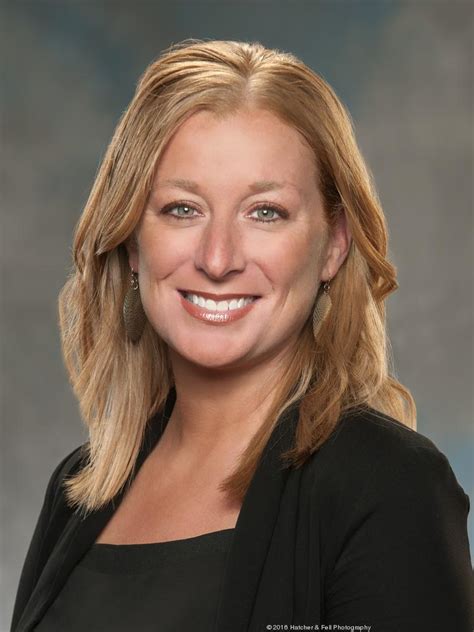A Quote by Tahereh Mafi
Related Quotes
I went off and read the books after the audition and I read all four books in one sitting - you know - didn't wash, didn't eat, drove around with them on the steering wheel like a lunatic. I suddenly understood why my friends, who I'd thought where slightly backward, had been so addicted to these children's books. They're like crack.
The most important thing for a writer to do is to write. It really doesn't matter what you write as long as you are able to write fluidly, very quickly, very effortlessly. It needs to become not second nature but really first nature to you. And read; you need to read and you need to read excellent books and then some bad books. Not as many bad books, but some bad books, so that you can see what both look like and why both are what they are.
